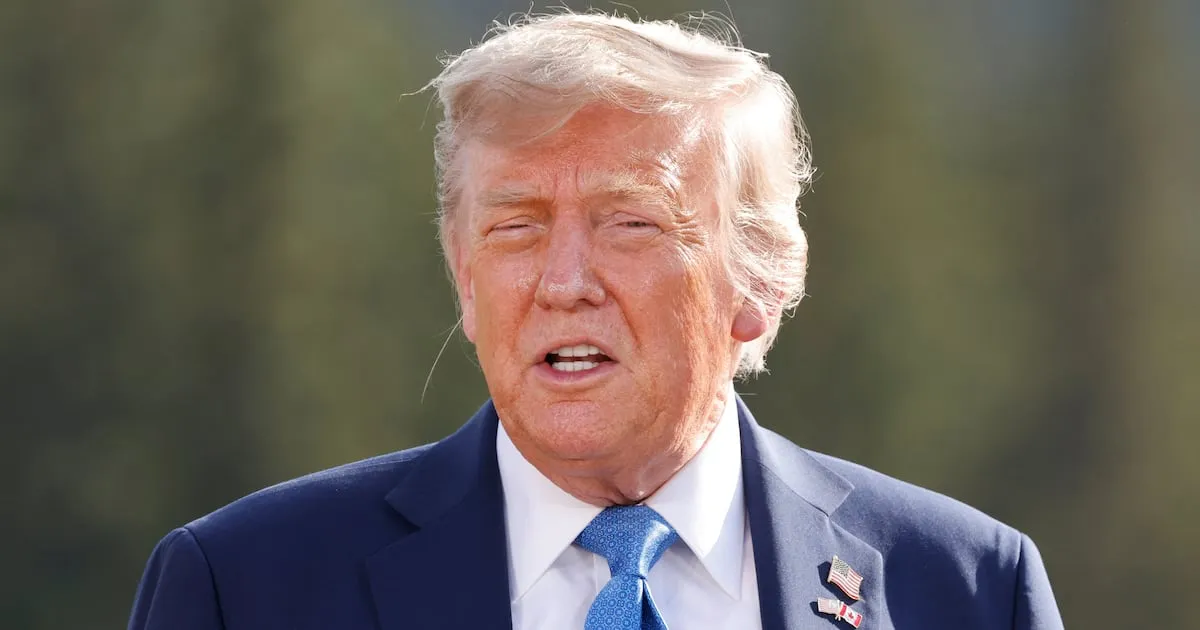
President Donald Trump has recently announced a two-week deadline to determine whether the United States will launch an attack on Iran. However, CNN has highlighted that this is not the first time Trump has set such a timeline. A supercut aired last month showcased Trump’s frequent use of two-week pledges, emphasizing a concerning trend of letting these deadlines pass without any decisive action.
During a recent broadcast, host Kasie Hunt pointed out Trump’s troubling habit of allowing his deadlines to lapse. In the same segment, Karoline Leavitt was questioned about Trump's repetitive strategy, especially after his latest commitment to make a decision on Iran within the next two weeks. The pattern is evident; on May 19, for instance, Trump told a reporter he would prefer to address questions regarding the ongoing situation in Ukraine in “about two weeks.”
Hunt further analyzed the timestamps on various videos, revealing that just days later, on May 28, Trump again sidestepped inquiries about Russia and Ukraine, postponing his response for another two weeks. As these deadlines come and go, the lack of progress in securing a peace deal between Russia and Ukraine becomes even more pronounced.
On Thursday, reporters pressed Leavitt, Trump’s press secretary, about this recurring theme of two-week deadlines. One reporter asked, “He’s used this phrase about two weeks several times, in terms of ‘We expect a two-week deadline,’ and then you give another two-week deadline. How can we be sure that he’s gonna stick to this one, making a decision on Iran?”
In response, Leavitt initially attributed the ongoing international conflicts—specifically, those involving Russia-Ukraine and Israel-Iran—to the previous administration’s inadequacies. She argued that Trump’s reliance on a two-week timeline stems from his desire to seek diplomatic resolutions to complex global issues. “The last time the president said two weeks, you saw Russia and Ukraine have direct negotiations for the first time in years,” Leavitt stated. She emphasized Trump’s commitment to finding diplomatic solutions, highlighting his role as a “peace-maker-in-chief.”
Leavitt continued to defend Trump’s approach, stating, “He is always interested in a diplomatic solution to the problems and global conflicts, and if there is a chance for diplomacy, the president will grab it.” She also added, “But he is not afraid to use strength.” This dual approach of seeking diplomacy while being prepared for military action underscores Trump's complex strategy in addressing international relations.
As the situation continues to unfold, the effectiveness of Trump’s two-week deadline strategy remains to be seen, particularly regarding the critical issue of U.S. actions towards Iran and the ongoing conflict in Ukraine.